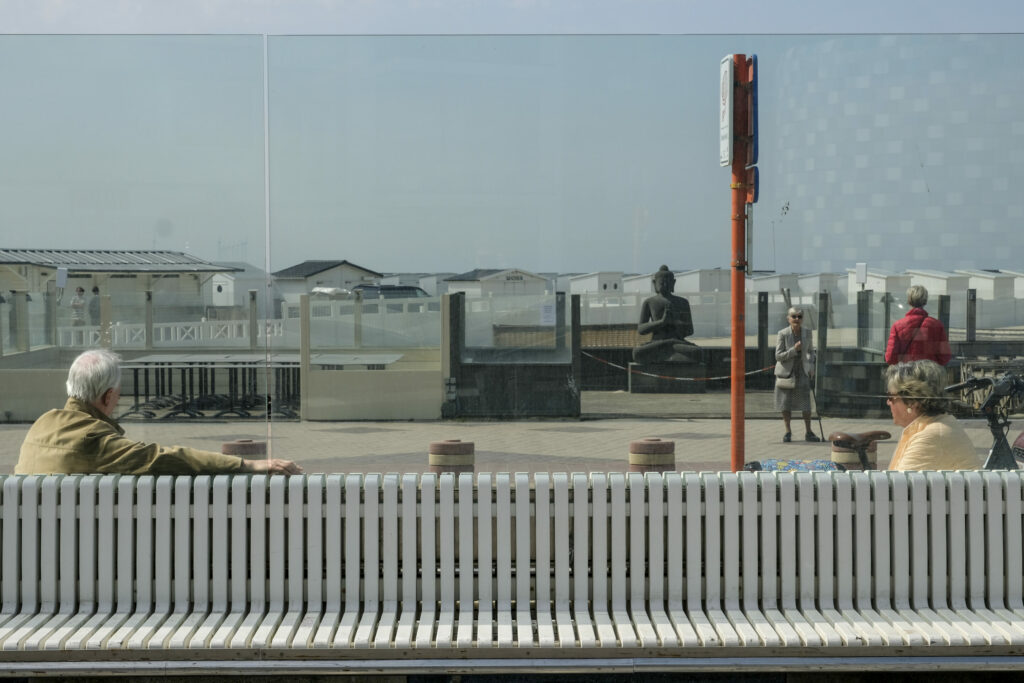Pension reforms were the hot topic in Belgium this week, triggering nationwide strikes and protests. But whilst politicians and economists maintain that we need to rethink how we pay for our elderly, VUB demographer Patrick Deboosere challenges prevailing wisdom.
Thousands of workers left their work on Monday to protest against pension changes that the next Federal Government is thought to be considering. Leaked plans from the negotiations show that Belgians might be required to work longer to qualify for smaller pensions. Already this year, the statutory retirement age rose from 65 to 66. In 2030 it will rise to 67.
But the concerns of Belgium's workforce are just part of a wider social debate about how society can handle social security and pension costs with an ageing population and life expectancy rising.
Deboosere challenges the standard response to this demographic trend – that we must work longer to pay for pensions. "But this is not true," the academic counters. "The pension cost will rise in the coming decades, but it will remain affordable."
Peak life expectancy
Life expectancy in Belgium is still rising, but Deboosere notes that this figure is an average. "We are not getting older as humans, as a species; the big difference is that almost all of us are getting old."
In the past century, life expectancy in Belgium has increased by around 25 years – a sharp rise due largely to medical and technological advances which decreased infant mortality and premature deaths. But Deboosere argues that the biggest health gains have now been made. This means that life expectancy will not continue to increase at the same pace.
Graph shows a major rise in life expectancy, followed by a plateauing effect. Credit: Statbel
"It is becoming very difficult to add more life years. We see that the increase is slowing in all countries with high life expectancy." From 2050 the pace will slow considerably in developed countries, he says. This was confirmed by a recent US study published in the journal Nature Aging last year.
Welfare is also key to growing old. Deboosere pointed to recent US figures which showed that around 40% of people in their sixties are in poorer health. "For many people, raising the retirement age means taking away some of their well-being. To me this is a contradiction: striving to ensure that as many people as possible age but then when the time comes, saying: 'There are more of you now so you have to work longer'."
Define 'affordable'
In Belgium today, 2.6 million people receive a state pension – about 22% of the population. By 2050, the proportion of over-65s will rise to 25%. "If we don't cut pensions, the total amount we spend on pensions will indeed rise," Deboosere agrees. "But that doesn't mean they will become unaffordable."
Belgium currently spends 11.2% of its Gross Domestic Product (GDP) on pensions. With the wave of baby boomers retiring, that figure will rise to around 13% by 2050. "This could rise to 13.5% by 2070 but after that it should stabilise, with a balance between the number of people entering and leaving the pension system."
Five European countries are already spending more than 13% of their GDP on pensions. Italy – Europe's oldest country – spends 16% of GDP. "So that 13% of GDP is not an impossible challenge for an affluent country like ours."
Related News
- Belgium in Brief: Austerity, pensions, and political failure - What's the point of the national strike?
- New limit set for early retirees on income from flexi-jobs
- Bonuses and retiring at 66: What changes to Belgian pensions next year?
Closer to home, the Netherlands spends just 6% of its GDP on pensions. But this is because the country privatised its pensions very early on. In Belgium, 86% of the income of over-65s comes from public funds and government benefits, meaning pensions are mostly highly dependent on the working population.
In the Netherlands, this figure is 43%. Here, the second and third pension pillars (insurance and pension savings) play a much more important role. "In terms of contribution, this makes no difference to citizens. But the Dutch system creates uncertainty because those pension funds invest that money on the market."

